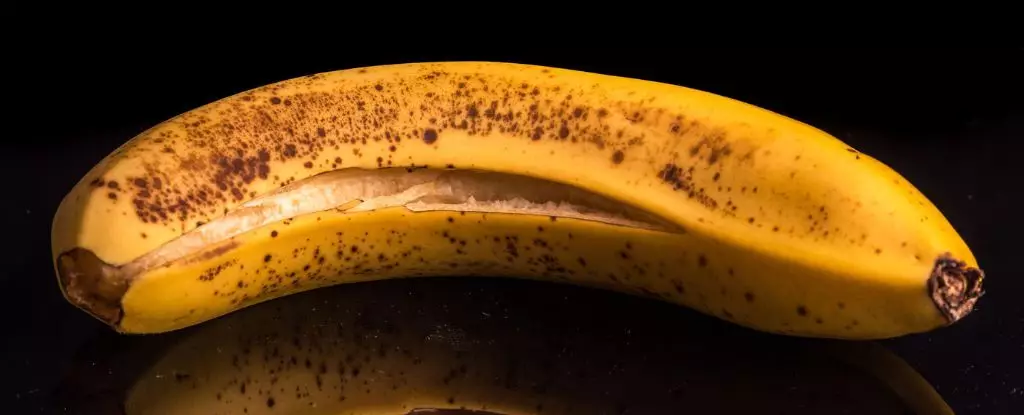In the realm of culinary exploration, we often overlook the potential of ingredients that don’t fit the conventional mold. One such ingredient is the banana peel. Many people discard banana peels without a second thought, but a closer examination reveals that these seemingly worthless scraps are packed with nutrients and can serve as a versatile cooking component. As recent studies highlight the advantages of incorporating banana peels into our diets, it’s time to uncover their value and encourage sustainable eating practices.
The banana peel, often disregarded as waste, is rich in essential nutrients that can enhance our overall health. Nutritional science increasingly emphasizes the importance of fiber, antioxidants, and minerals in our diets, and banana peels fit the bill perfectly. They are high in dietary fiber, magnesium, and potassium—nutrients often lacking in many mainstream diets. When prepared correctly, banana peels can serve as a natural supplement to baked goods, offering not just flavor but also substantial health benefits.
A recent study demonstrated that when banana peels are blanched, dried, and ground into a flour, they can be incorporated into baked goods that are nutritionally superior to their wheat counterparts. Participants in taste tests reported a similar or improved flavor experience when consuming sugar cookies that utilized banana peel flour. With these outcomes, it becomes clear that banana peels are not just edible; they can be a tasteful addition that enriches our meals.
Despite the remarkable benefits, akin to expanding the horizons of healthy eating, it is essential to note that the application of banana peel flour demands careful consideration of proportions. An experiment revealed that cookies made with 7.5% banana peel flour maintained a balanced texture while reaping health benefits. However, going beyond this measure resulted in undesirable outcomes, namely a tough cookie with an unappealing color. This suggests that moderation is critical.
Moreover, it’s not just cookies that can enjoy the advantage of added banana peel flour; breads, cakes, and even pastas could flourish with this nutritional enhancement. Recent research on banana peel cake indicated that not only does the peel offer a natural coloring agent but also contributes to a remarkable improvement in nutritional content.
Harnessing the potential of banana peels is not merely a culinary trend; it reflects a broader movement toward sustainability and reducing food waste. With approximately 40% of a banana’s weight contained in its peel, it’s time we reconsider how we perceive this byproduct. The practice of using fruit peels in cooking is not restricted to bananas—other peels like mango skin have been shown to improve the antioxidant properties of baked goods.
During this culinary renaissance, several creative recipes have emerged. Advocates of plant-based cooking have notably popularized dishes like banana peel bacon and pulled peel ‘pork’, showing that the ideas surrounding this ingredient are evolving and becoming more inventive. These shifts in creativity can play a crucial role in promoting dietary changes while simultaneously addressing global food waste issues.
As our society becomes increasingly aware of health and environmental issues, utilizing banana peels might be an excellent step forward. With a bounty of nutrients and unique culinary applications, these overlooked scraps deserve recognition. Whether in baked goods, savory dishes, or even as a standalone ingredient, banana peels can transform from a waste product into a valuable addition to our diets. The next time you peel a banana, remember that what you once considered refuse could be the key to a healthier lifestyle and a sustainable future. Embrace the peel; your body—and the planet—might just thank you for it.


Leave a Reply